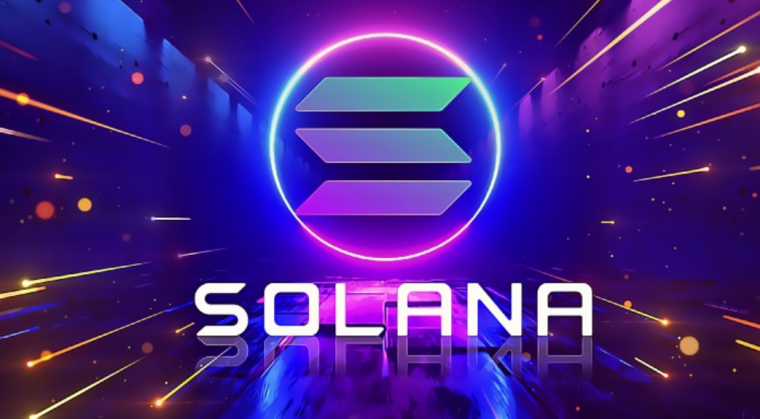Coinbase has announced that they are to be adding Solana infrastructure to their service offering, meaning that Solana
What is Coinbase Cloud?
Coinbase Cloud is a product suite from Coinbase that allows their users a more seamless user experience and interaction with the world of Web3.
Coinbase Cloud was allows users to do a range of different things with their crypto, including linking dApps to their Coinbase wallet, conducting commerce in crypto, easy trading of their assets, the best APIs for people to manage their portfolio, Coinbase Pay, the chance to sign in with Coinbase, and a range of other features.
With Coinbase Cloud, Coinbase hopes to make inroads into the world of DeFi and Turing complete blockchains in a way that the company hasn’t managed to before, being primarily a centralised exchange.
Coinbase have been building out their product offerings recently, in a hope of capitalising on all the other revenue streams that the company could benefit from, and building on improving the experience of their users.
For example, earlier this year Coinbase invested heavily into building out their own NFT marketplace, and has established deep links with institutions for onboarding with custody services, and have begun to offer yield products.
User can now stake a variety of different assets directly through the Coinbase platform. As with other centralised exchanges, this come with the advantage that there are no prerequisites for delegation, since assets are pooled – this means that people can stake ETH, for example, without owning 32 ETH.
Coinbase integrating Solana Archival Nodes
Coinbase has announced that they are to be integrating Solana Archival Nodes in order to “empower the Solana developer community”.
This is hugely beneficial for the both communities. Normally, managing archival nodes in a scalable way is problematic for developers thanks to Solana’s high throughput design and data footprint.
Solana’s blockchain is currently now over 100 TB for all historical data.
The Solana Archival Nodes are extremely useful for developers who wish to build on Solana because it lowers the barrier to entry for acquiring all the data they need for creating and testing applications.
Solana: designed for speed and scale
Solana is a monolithic blockchain that was designed in order to scale to as many users as possible and to be as fast as possible.
In order to do this, Solana had to contend with the blockchain trilemma, which stipulates that a blockchain can typically only excel in two of three: scalability, security and decentralisation.
Solana decided that they would focus on scalability above all else, and for this reason transactions on Solana are some of the cheapest of any blockchain.
The main issue with this is that it means that Solana’s consensus is controlled in a very centralised manner and the blockchain’s questionable security has caused a litany of issues over the past few years.
For example, the Solana blockchain has had several days in the past year when the blockchain has stopped functioning for several hours (in one case, almost 24 hours).
Controversy at Solana
Unfortunately, it hasn’t been easy for Solana so far, and the blockchain has drawn a lot of criticism.
A lot of the criticism stems from the fact that if the project is so centralised, what is the point of having it on a blockchain?
Moreover, Sam Bankman-Fried appears to be constantly embroiled in hostile takeovers and speculative attacks, and it appears that others are conspire against him as well.
It remains to be seen which blockchain reaches mass adoption over time, but it is clear that some of the limitations that Solana is forced to contend with can be addressed by forming partnerships with established companies such as Coinbase.
Tamadoge - The Play to Earn Dogecoin
- '10x - 50x Potential' - CNBC Report
- Deflationary, Low Supply - 2 Billion
- Listed on Bybit, OKX, Bitmart, LBank, MEXC, Uniswap
- Move to Earn, Metaverse Integration on Roadmap
- NFT Doge Pets - Potential for Mass Adoption
